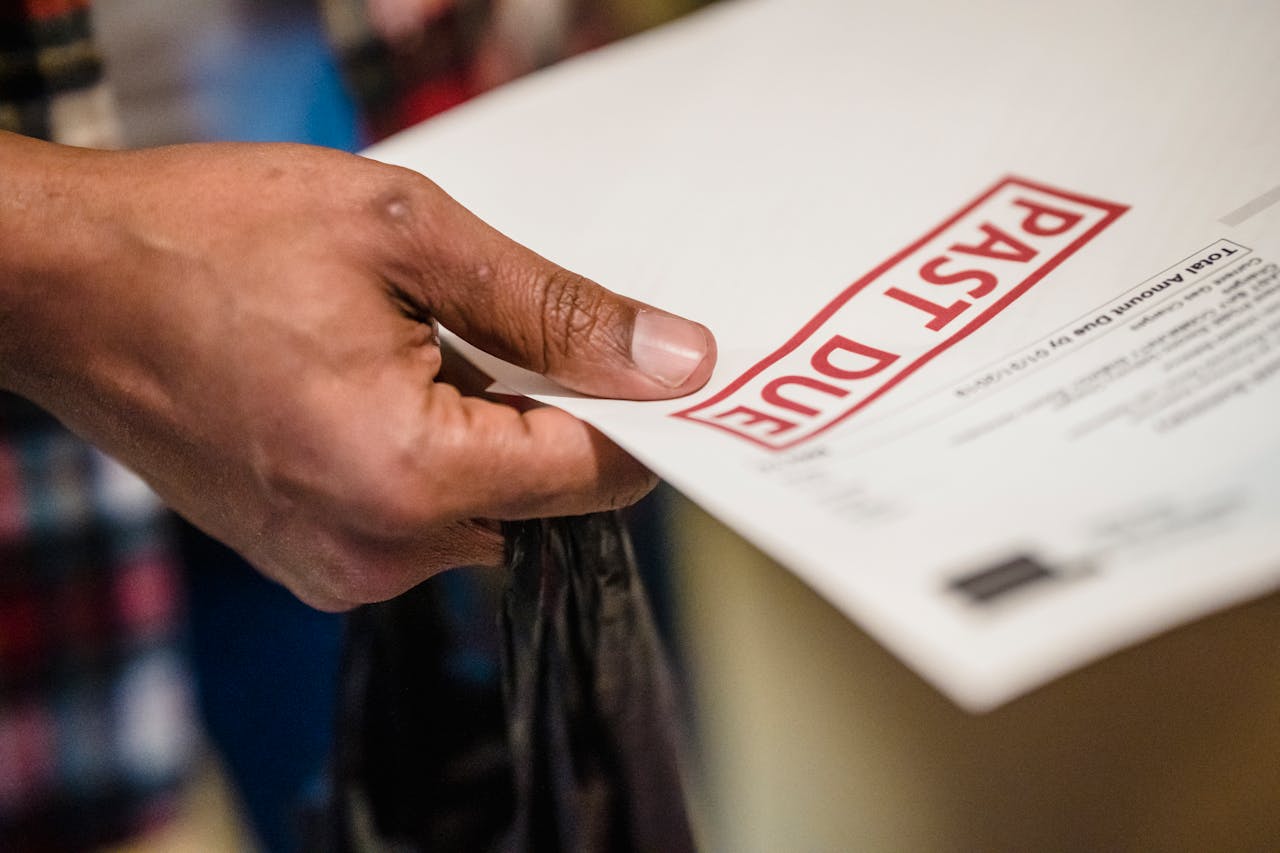
On March 5, 2024, the Consumer Financial Protection Bureau (CFPB) finalized a rule significantly reducing late fees charged by large credit card issuers. This move, which caps the typical late fee from $32 to $8, is estimated to save American families over $10 billion annually. How does this CFPB credit card fee rule impact other financial service providers?
Will Mortgages Be Next?
While the rule directly impacts credit card companies, it could signal a broader shift in the CFPB’s focus towards stricter consumer protection measures across the financial services industry, including mortgages.
Here's why MLOs should pay attention:
Heightened Scrutiny: The CFPB’s recent action demonstrates its willingness to take on powerful financial institutions. This could lead to increased scrutiny of mortgage lending practices, with a focus on areas like loan origination fees, prepayment penalties, and potential fair lending violations.
Focus on Transparency and Fairness: The CFPB has consistently emphasized the importance of transparency and fairness in consumer financial products. MLOs should ensure they are adhering to best practices in borrower communication, fee disclosures, and loan suitability assessments.
Potential for Rule Changes: The CFPB is currently considering rule changes in other areas, including Wall Street compensation structures. While not directly related to mortgages, this highlights the agency’s willingness to implement new regulations to achieve its consumer protection goals.
What MLOs Can Do
MLOs can stay ahead of the curve by proactively adopting a consumer-centric approach. Here are some key steps:
Stay Informed: Regularly monitor CFPB announcements and updates to stay abreast of potential rule changes and regulatory priorities.
Review Practices: Conduct a self-assessment of your current lending practices to ensure compliance with existing regulations and a focus on fair lending principles.

Embrace Transparency: Clearly communicate loan terms, fees, and potential risks to borrowers throughout the mortgage process.
The CFPB credit card fee rule might be just the beginning. By prioritizing consumer protection and proactively adopting transparent lending practices, MLOs can navigate this evolving regulatory landscape and build trust with borrowers.


